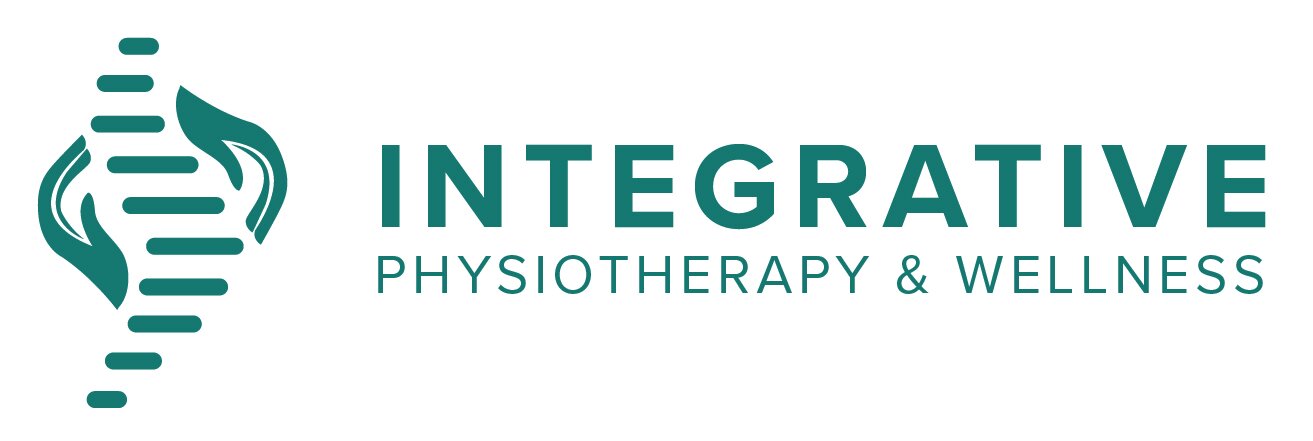Concussion Management
What is a Concussion
A concussion is a complex pathophysiological process affecting the brain. It is the result of an injury caused by a bio-mechanical force i.e., a direct blow to the head, neck, or face or from a blow to another part of the body with a mechanical force transmitted to the head. The individual may not experience a loss of consciousness (LOC) with the incident. In fact, only approximately 10% of concussions involve LOC (Physiotherapy Alberta).
A concussion is a type of brain injury and a number of different symptoms may be reported following the injury. Consistently throughout the literature, the most commonly reported symptom following a concussion is HEADACHE. Dizziness, neck pain, nausea, visual disturbances, difficulty with concentration and memory, trouble sleeping, and increased fatigue are also commonly reported following injury.
Most adults who suffer a concussion will recover in the initial 10-14 days following the injury. However, children and youth may take longer to recover, with up to 30% reporting ongoing symptoms 30 days following injury( The Canadian Physiotherapy Association).
[/et_pb_text][et_pb_text _builder
Post-concussion syndrome (PCS) is a set of symptoms that may continue for weeks, months, or a year or more after a concussion. About 15-30% of people with concussions develop persistent or prolonged symptoms associated with the injury. These symptoms could include cervicogenic headaches (headaches starting in the neck), vision and balance deficits, delay in return to work or activities, and more.
Initial Assessment
When it has been verified that the clinical presentation is consistent with a concussion, a detailed assessment is conducted to determine whether physiotherapy is indicated for the individual. Our assessments include a detailed history taking and clinical assessment of presenting signs and symptoms. Physiotherapy when indicated and can be effective in treating the following concussion symptoms:
Neck Pain/Cervical spine
Headaches
Dizziness
Impaired Balance
Vestibular symptoms
Visual Disturbances
An individualized treatment plan is put together based on the findings of a comprehensive physiotherapy concussion assessment to help you return to your functional goals.
Our Approach to Treatment
The physiotherapy treatment plan is multifaceted and based on assessment findings and symptom presentation.
Interventions specific to the patient are prioritized and introduced sequentially to assess response to and confirm the direction of care.
Physiotherapy Treatment Interventions may include:
-
Our Therapists combined advanced manual (hands-on) therapy techniques that allow them to be effective at treating neck pain due to a concussion.
-
After a Concussion, you may struggle with vision-related difficulties that affect your overall balance. Our physiotherapist will assess and treat your balance limitations due to concussion.
-
Vestibular Rehab Physiotherapy is an exercise based approach to relieve the symptoms and discomfort of vestibular disorders as result of your Concussion. Our Physiotherapists have additional training in Vestibular Rehabilitation and Concussion Management that helps them effectively treat your symptoms.
-
After a Concussion, you may struggle with returning to daily activities or exercising. Our physiotherapist will assess and develop a personalized exercise program to help you return to the activities you enjoy.

